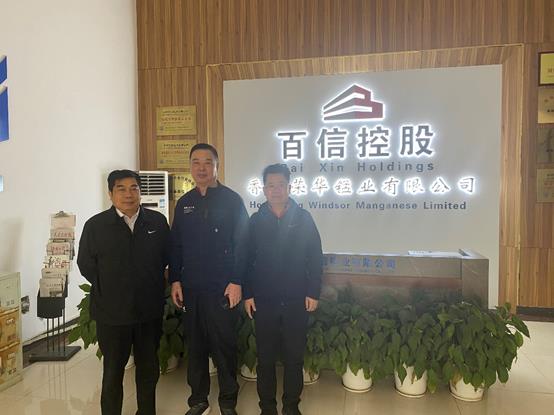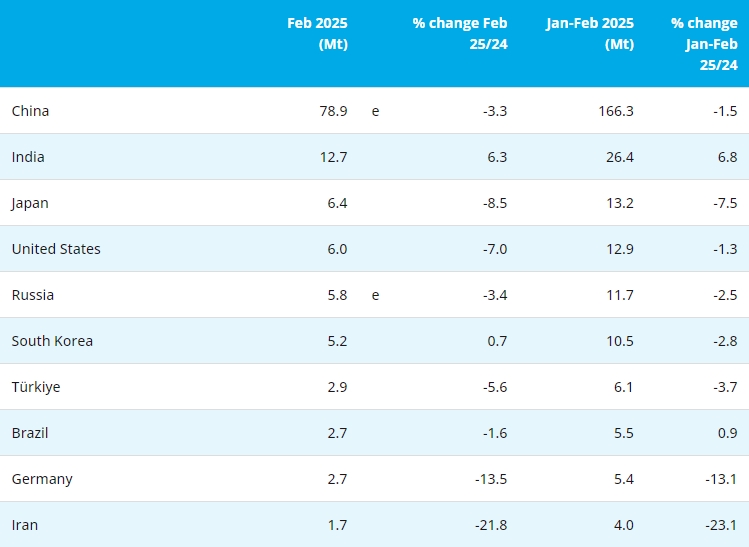Government, organised mining and organised labour have agreed to work collaboratively to obtain a court ruling on the crucial issue of black economic-empowerment (BEE) ownership of mines, the only sticking point of Tuesday’s Mining Charter deadline.
In an interim announcement on the outcome of the government’s Mining Charter audit, Minerals Minister Ngoako Ramatlhodi told a packed media conference, in which Creamer Media’s Mining Weekly Online participated at the Department of Mineral Resources (DMR), that the once empowered, always empowered principle would be the one charter aspect that would be tested in court. Chamber of Mines president Mike Teke told the media conference that the chamber’s members, which represented 90% of the South African mining output, were committed to seeing the court order being pursued. “And we’ll be guided by it,” Teke assured, while reiterating the chamber’s commitment to growth and transformation. “We welcome the Minister’s collaborative approach and are pleased that the DMR and the chamber have agreed to seek a declaratory order to resolve the difference of opinion relating to the ownership element of the charter,” Anglo American CEO Mark Cutifani said. Harmony Gold, Anglo American Platinum and Kumba Iron Ore also put out statements wholeheartedly supporting the Minister. The Minister reasoned that it was better to seek the wisdom of the courts than to impose a unilateral decision on a contentious issue. “My sense is why not work collaboratively and agree. This is the shortest route to certainty,” Ramatlhodi commented during question time. Making the announcement with representatives of labour and business on either side of him, the Minister said that the sole sticking point of a process that had indicated overwhelming industry support for transformation had been the issue of whether or not companies that were once BEE empowered remained BEE empowered in perpetuity.
The example was given of pre-2010-amendment BEE groupings deciding to sell their shares in companies and to move on, and of companies then being left with the dilemma of having to decide whether they were obliged to engage in another 26% BEE transaction in terms of the legislative amendment of 2010, or whether the once empowered, always empowered principle applied. The department wanted the court to clarify the once empowered, always empowered 26% ownership position and also the 2010 amendment against the position from 2004, when many BEE deals had already been entered into but with some BEE groupings then subsequently deciding to sell out, leaving the company with BEE credential queries. “So effectively we’re dealing with two interpretations of what was meant in 2004 and what is meant now and that is the point of law to be clarified,” Ramatlhodi said during question time. Once the court gave its ruling, the ideal would be to negotiate outcomes to mitigate the possibilities of appeal. “But I don’t think any one of us can guarantee that there won’t be any appeals because the industry is made up of individual mines and we're going to have to manage the outcome," the Minister conceded, after allowing a free flow of unfettered media questioning.
From the Ministerial side, the court ruling would enable it to discharge its obligations and allow it to show that South Africa had a justiciable Constitution and that it did not operate outside the law. Ramatlhodi said that the process would have to move at speed. “We expect to approach the courts, probably next week, and perhaps even tomorrow,” he said. There were deep interests, as evidenced by the creation of Migdett, which none of the parties wanted hurt. “Nobody wants to see the country bleed and I am hopeful that in the midst of disagreements, everyone is looking for the middle of the road,” the Minister commented. Consultative, collaborative and conclusive was the way to go as government, business and labour were not adversaries but in many ways collaborators in the process of building the South African economy. The final Mining Charter report was expected by the end of April and that was why the court was being approached on an urgent basis. Mining companies that had not completed the online charter template were small in number and size, and unlikely to have the capacity to come up with transformation targets.
The chamber said its members had made considerable progress on all charter elements including creating access to ownership, procurement and enterprise development, employment equity, human resource development, mine community development, improving living and housing conditions, and creating sustainable development in the mining industry by improving the environmental safety and health performance of the mining industry. The extent of change is profound and irreversible. The only area of difference was the understanding of the ownership element. The DMR’s understanding of the ownership element indicates that empowerment transactions concluded after 2004 - where the BEE ownership level has fallen owing to BEE disposal of assets or for other reasons - should not be included in the calculation of progress made, which meant that the DMR might find certain components of the mining sector not to have achieved the ownership target by definition. The chamber on the other hand believed that previous deals should be included in the ownership calculation, as it represented meaningful economic participation by historically disadvantaged South African (HDSA) beneficiaries since before 2002. The industry believed the charter did not require mining companies to maintain a 26% HDSA ownership once it had been achieved.
The exclusion of past HDSA transactions would result in a material misrepresentation of all the meaningful economic HDSA participation facilitated by mining companies in good faith and with the approval of the DMR. The DMR in issuing mining rights had agreed with the transformation plans of the companies, it held. In addition, the industry had met the original spirit and intent of the charter by broadening ownership and transferring significant value to BEE groups. The fact that various BEE companies had sold their assets in mining, or that the global financial crisis had materially impacted on the share price performance of companies should not be used to penalise the efforts of the mining companies to meet the objectives of the charter. From the chamber’s perspective, the mining industry has achieved the Mining Charter ownership targets, having provided meaningful economic participation for HDSAs represented through identifiable beneficiaries, substantial cash flow and full shareholder rights. In order to break the impasse, and to avert any confusion that might be damaging to investor perceptions, there had been joint agreement that the court be approached to seek clarity on the matter.
This will be done through a declaratory order, which would provide a ruling on the relevant legislation pertaining to the continuing consequences matter. “This is a proactive and necessary step to promote regulatory certainty for the mining industry and shows that both the DMR and chamber recognise the need for the court to provide certainty,” the chamber added. The chamber fully supported the declaratory order process and would work with the DMR to get the court process under way as soon as possible.
The industry invested significantly in transforming the sector as agreed in the charter process that started in 2002 and believed that the transformational change had been both profound and substantial, and that the process towards normalising the country’s economic landscape was now irreversible. Anglo American also welcomed the Minister’s statement on the progress of transformation and said it was committed to meeting South Africa’s transformation objectives and had been a long-standing, major contributor. Sibanye Gold said all of Sibanye’s operations had achieved top quartile scores for the three years up to and including 2014, with Sibanye’s operations falling into the “excellent” category according to the DMR’s electronic-based scorecard.
Copyright © 2013 Ferro-Alloys.Com. All Rights Reserved. Without permission, any unit and individual shall not copy or reprint!
- [Editor:sunzhichao]



 Save
Save Print
Print Daily News
Daily News Research
Research Magazine
Magazine Company Database
Company Database Customized Database
Customized Database Conferences
Conferences Advertisement
Advertisement Trade
Trade













 Online inquiry
Online inquiry Contact
Contact

Tell Us What You Think